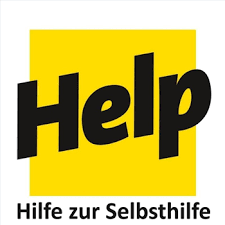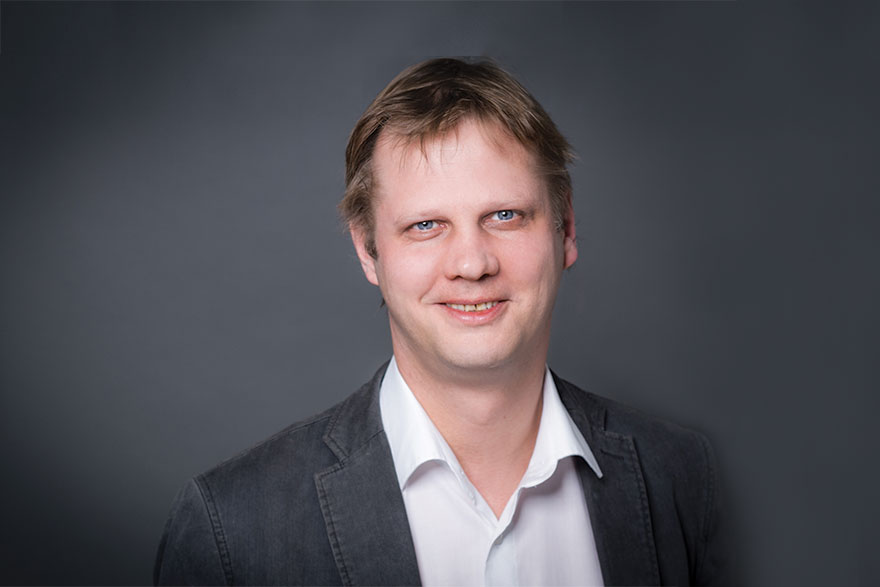Help is present in 21 countries, has 8.1 million beneficiaries, 636 employees and 83 projects with a volume in excess of 35 million euros. Its primary mission is emergency relief, followed by developmental assistance to create resilient communities and individuals
We at Help share our expertise and work together with national and local partners, as well those in need, providing tools and assets to build regional networks and structures to empower people and secure a decent living – says Help interim MD Timo Stegelmann.
For 40 years, Help has been striving to create a world free of poverty and social injustice, in which everyone can live freely and with dignity, peace and security. What prevents us from collectively achieving that?
As our primary mission is emergency relief, followed by developmental assistance to create resilient communities and individuals, we respond to people’s needs, whether caused by nature or man.

Every action undertaken by Help contributes to the improvement of individuals’ and communities’ quality of living and supports them in moving towards self-reliance. In 2020 alone, we managed to touch the lives of, and empower, over 8.1 million people worldwide.
Sadly, human-induced climate change sends us a few steps back in our mission. But that only compels us to regroup and respond in an agile manner to the everchanging world. Backed by the donor community, Help works in partnership with national and local stakeholders and communities to jointly bring and create synergies to secure sustainable and efficient collective growth.
The numbers testifying to your work are impressive. Has the pandemic led to any changes in your work?
The pandemic led to many changes globally that impacted heavily on everyone and forced us to adapt swiftly to support those in need. Micro and small businesses shook under the unexpected burden. Many had stopped working by the end of 2020, and the Western Balkans is no exception. Every fourth person in this area is at risk of poverty.
Help responded rapidly on-site to support marginalised groups with food and hygiene, hospitals with the equipment required to treat COVID-19 patients, communication tools for school pupils, persons with disabilities, prison inmates and the elderly. We provided face masks and disinfectants. And we continued supporting self-employment, employment and the building of skills and knowhow.
The German-funded socioeconomic empowerment of the Western Balkans is focused on job creation, building personal and professional skills and small-scale initiatives
We have always taken care to ensure that our projects have the lowest possible eco-footprint, and we now do even more by encouraging innovative green ideas that will further contribute to achieving the Sustainable Development Goals. As an organisation, we constantly learn and improve internally and externally through responsible and transparent project management. On an equal basis, we endeavour to efficiently strengthen resilience and create a better tomorrow for all.
Your latest projects in this region are dedicated to the economic and social empowerment of the Western Balkans. Which areas demand special attention when it comes to empowering people?
We have many projects in this region and the German-funded socioeconomic empowerment of the Western Balkans is focused on job creation, building personal and professional skills and small-scale initiatives. The goal is to create mechanisms and networks for the empowerment of marginalised groups, including COVID-19 recovery measures and the facilitation of inclusion and social prosperity. We expect to have empowered 5,000 people by the end of this project.
That’s because we at Help share our expertise together with national and local partners, and with those in need, providing tools and assets to build regional networks and structures to empower people and secure them with a decent living.
Photo Credit: ©“Help – Hilfe zur Selbsthilfe”
